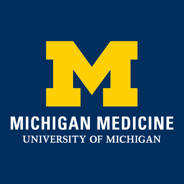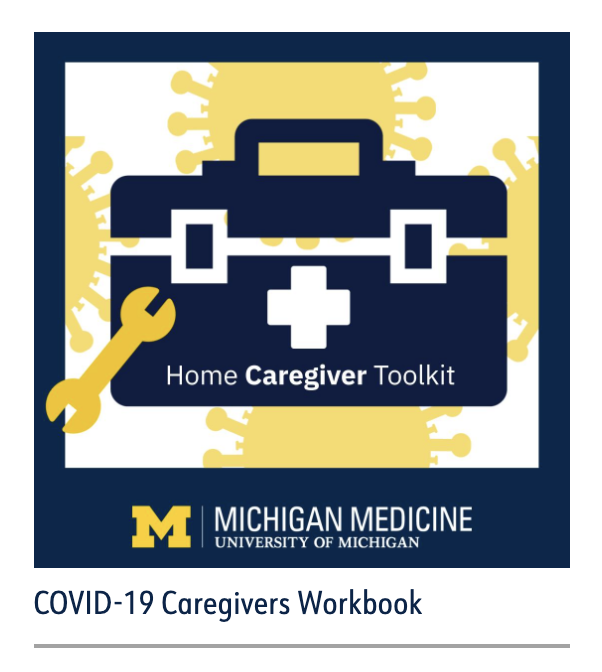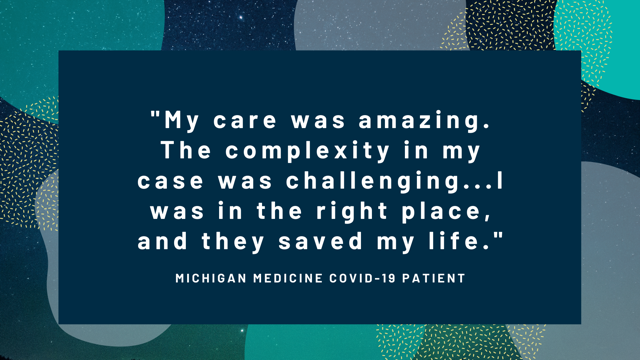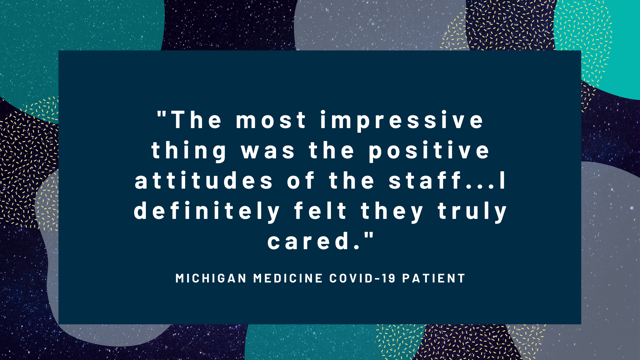
Michigan Medicine, formerly the University of Michigan Health System, is one of the largest hospitals in Michigan and a premier academic medical center. With over 37 Patient and Family Advisory Councils (PFACs) and 1700 patient and family advisors (PFAs), there is a strong commitment to partnership with those served by the organization. When COVID initially disrupted the face-to-face ways PFAs provided input about policies, programs, and services, the e-advisor program facilitated ongoing communication about the rapidly changing environment and provided a mechanism to solicit immediate input from them as key stakeholders. As initial fact sheets and other information and education about COVID were being developed, PFAs through email and by using “Passing the Test,” a health literacy tool, provided valued insight on the effectiveness of the information to provide clear, understandable guidance about COVID. From the beginning, PFAs were eager to help and were able to respond to urgent needs when asked. They participated in identifying key questions to address as telehealth visits became the new norm for ambulatory care. Their perspective was invaluable when COVID required suspension of family presence at the bedside. By asking, “How will we support families?” they were a driving force in leveraging technology to facilitate a connection between families and their loved ones. This included collaborating on developing materials and resources to prepare families to utilize iPads and other technology to stay connected. Over and over again, PFAs identified concerns and issues and then rolled up their sleeves to participate in the implementation work.
Resumption of regular PFAC meetings were facilitated by virtual Zoom meetings for all PFACs by early Spring 2020. Attendance and engagement increased with technology as other barriers to participation decreased (e.g., childcare, transportation). The processes for recruiting and preparing new advisors became virtual as well.
While the Office of Patient Experience takes the lead in supporting PFAs, each PFAC has department champions with authority, who ensure the voice of patients and families are integrated into operations. Other activities where PFAs have an important role include serving as members of the Executive Committee, panelists for safety/quality teams.
Some of the significant work underway/completed collaboratively with PFACs and PFAs in the last year includes:
 Development of a COVID-19 Caregiver Workbook to support individuals with COVID and their families in cooperation with the Institute for Social Research
Development of a COVID-19 Caregiver Workbook to support individuals with COVID and their families in cooperation with the Institute for Social Research- Extensive integration of PFAs into taskforces, committees and workgroups addressing health disparities issues resulting in Unconscious/Implicit Bias training and creation of a Black Patient Experience video
- Reducing staff burnout by supporting frontline staff and clinicians with words of encouragement/gratitude, food, and powerful patient stories of the impact their care had on a patient’s recovery after hospitalization for COVID-19
- Addressing the distress of PPE preventing patients from “seeing” the healthcare staff by creating buttons showing the smiling face of a frontline staff members
- Equity initiative to create “empowerment tools” to support self-advocacy among vulnerable populations
- Development of a COVID peer mentor program and COVID support group
- Creating a script for responding to volume of calls about vaccine availability
- Working with Interpreters and community groups to identify issues and address them (e.g., clear masks for hearing impaired/elderly, private space for Muslims at vaccine events, list of LGBTQ+ Health resources)
Molly White, Director of the Office of Patient Experience, advocates that all hospitals and health care systems reach out to patients and families despite the challenges of COVID.
I am humbled and in awe of the generosity of our PFAs. While I know it can feel like work to engage advisors, it actually saves me work. By creating programs and services with PFAs, we more effectively meet the needs of patients and families. Getting it right the first time is a timesaver.

